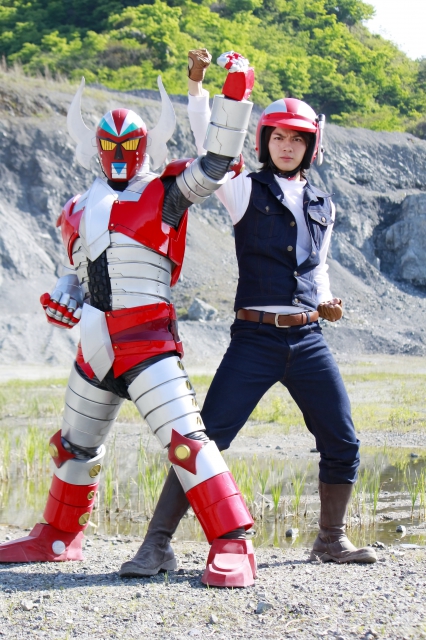I didn't realize the network made them end the SD-6 storyline, I think that must be one of the only times where a network decision actually ended up making the show better.
I admit my ignorance of the American television landscape. Is procedural a more successful genre on network TV? From memory, of the most popular series on streaming platforms, only a very small percentage are procedurals (I think!).
I think it's also because they tend to have a fairly simple premise, like following a NYPD homicide cops and their cases, or a team who investigates military related crimes. Things like that are going to be a lot easier for pretty much anyone to wrap their mind around, while something like The Rings of Power is going to be more limited in who it appeals to isn't going to have quite as much of quick and easy mass appeal right off the bat.I guess there's a certain comforting familiarity to them, plus you can just switch any episode on in any order and not be totally confused.


